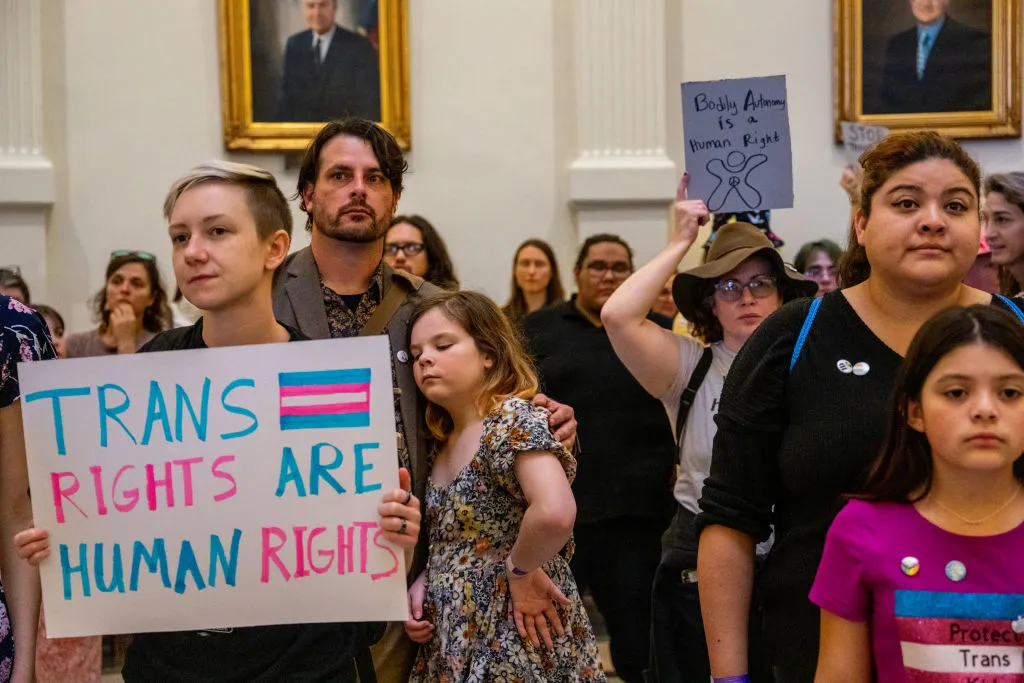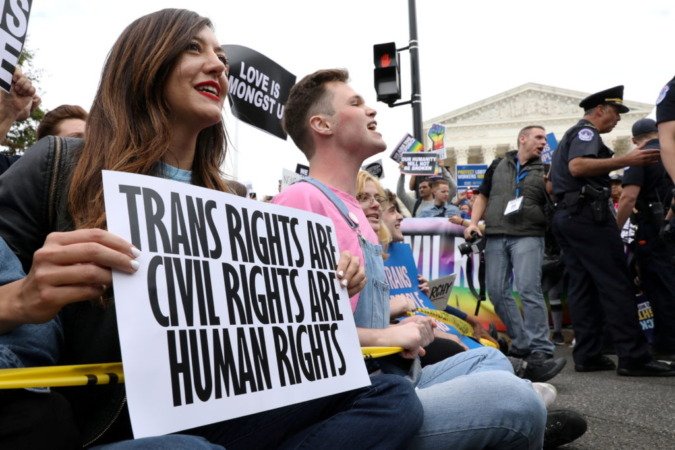
In a highly controversial move, Russian President Vladimir Putin has signed legislation that bans gender reassignment procedures in the country. The decision made public on [Date], has sparked intense debates both nationally and internationally.
The new law, which marks a significant shift in Russia’s stance on LGBTQ+ rights, has raised concerns about the human rights implications and potential impact on the transgender community.
In this article, we will examine the context behind the ban, explore its implications, and assess the reactions of various groups and nations.
Background

The legislation, officially titled the “Gender Reassignment Ban Act,” was proposed by conservative lawmakers in Russia who argued that gender reassignment procedures go against traditional Russian values and the family institution.
They also expressed concerns about the potential long-term consequences of such medical interventions on individuals’ mental health and well-being.
The bill swiftly passed through the Russian parliament, the State Duma, and received final approval from the President before being signed into law.
Implications for the Transgender Community
The gender reassignment ban has far-reaching consequences for the transgender community in Russia. Under the new law, individuals seeking to undergo gender-affirming medical procedures, such as hormone therapy and surgeries, will face legal barriers and potential criminal charges.

Doctors and medical professionals providing assistance in these procedures may also be subject to penalties, including fines and the risk of losing their medical licenses.
This legislation represents a severe setback for transgender individuals who already face societal stigmatization and discrimination in Russia.
It denies them the right to self-determination and access to necessary healthcare, potentially exacerbating their psychological distress and emotional well-being.
The ban further isolates the transgender community and may push them into seeking underground or unsafe methods to address their gender dysphoria, endangering their lives and health.
Human Rights Concerns
The ban on gender reassignment has raised serious human rights concerns within Russia and across the international community. Critics argue that it infringes upon the principles of personal autonomy, individual freedom, and the right to bodily integrity.
Many human rights organizations have condemned the law, stating that it violates international human rights standards and treaties that protect the rights of LGBTQ+ individuals.
Russia’s LGBTQ+ rights record has been under scrutiny for years, with concerns about the country’s treatment of sexual and gender minorities.
The gender reassignment ban further solidifies the perception that Russia is regressing on matters of human rights and LGBTQ+ equality.
International Reactions
Unsurprisingly, the international response to Russia’s gender reassignment ban has been largely negative.
Several countries, human rights groups, and LGBTQ+ advocacy organizations have condemned the move, urging Russia to respect the rights and dignity of its transgender citizens.
Some nations have threatened diplomatic and economic consequences in response to the legislation, while others have called for solidarity with the transgender community in Russia. The ban has also put additional strain on Russia’s relations with countries that prioritize LGBTQ+ rights as a central tenet of their foreign policy.
Conclusion
The signing of the gender reassignment ban into law marks a significant turning point in Russia’s approach to LGBTQ+ rights.
The legislation not only denies transgender individuals the right to self-determination but also highlights the broader issue of human rights concerns within the country. It remains to be seen how the law will be implemented and how it will affect the transgender community in Russia in the coming months and years.
As the international community continues to monitor the situation, the hope is that dialogue and engagement will lead to greater understanding and respect for the rights of all individuals, regardless of their gender identity.
Only through open conversations and empathy can progress be made toward building a more inclusive and accepting society for everyone.
Related posts:
- Tom Wesselmann: A Pioneer of Pop Art and Beyond
- Six Things to Have in Mind When Hunting for Your First Rental Apartment in Texas
- Key Benefits of Professional Development For Educators
- A Storied Legacy: The History of Ashes Test Matches
- The Timeless Legacy of Tony Bennett: A Tribute to His Life and Legacy
What's Your Reaction?
One of my friends once said, I am in love with words and a zoned out poser... well, I will keep it the way it has been said! Besides that you can call me a compulsive poet, wanna-be painter and an amateur photographer






It’s sad to see Russia’s pov